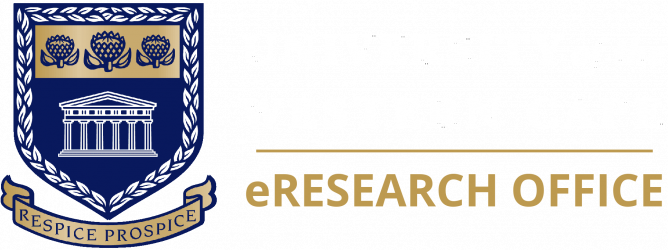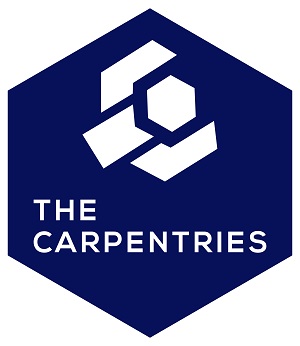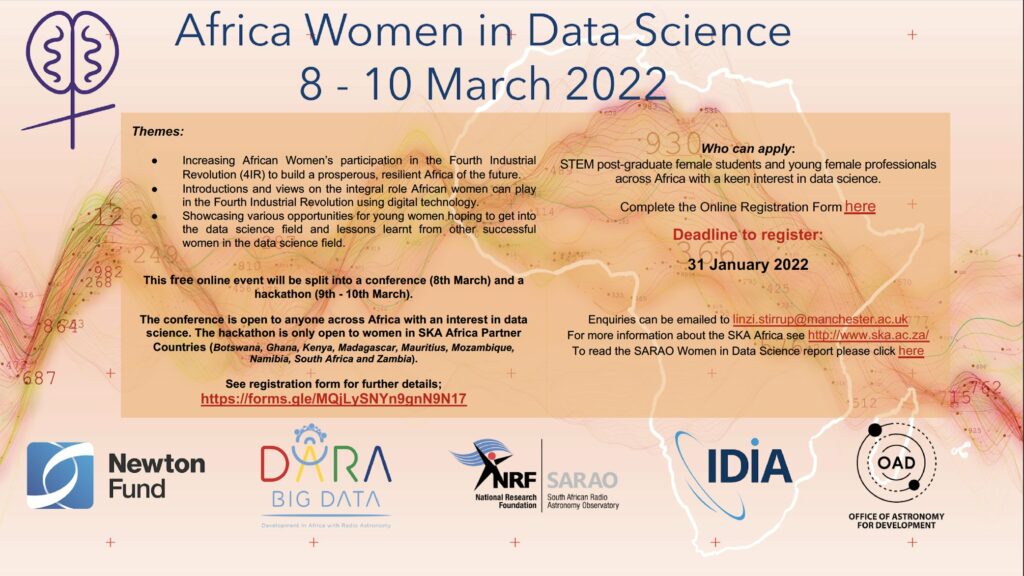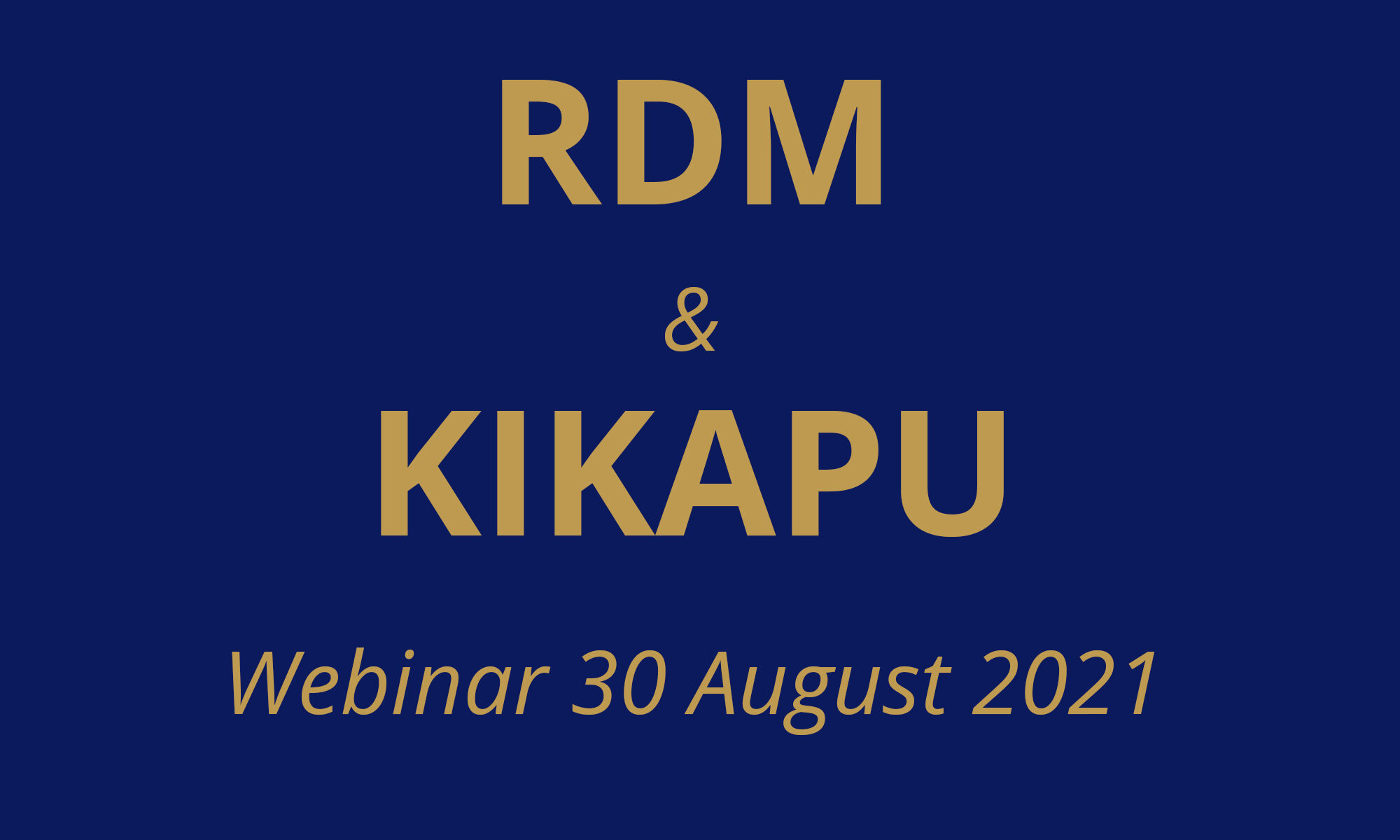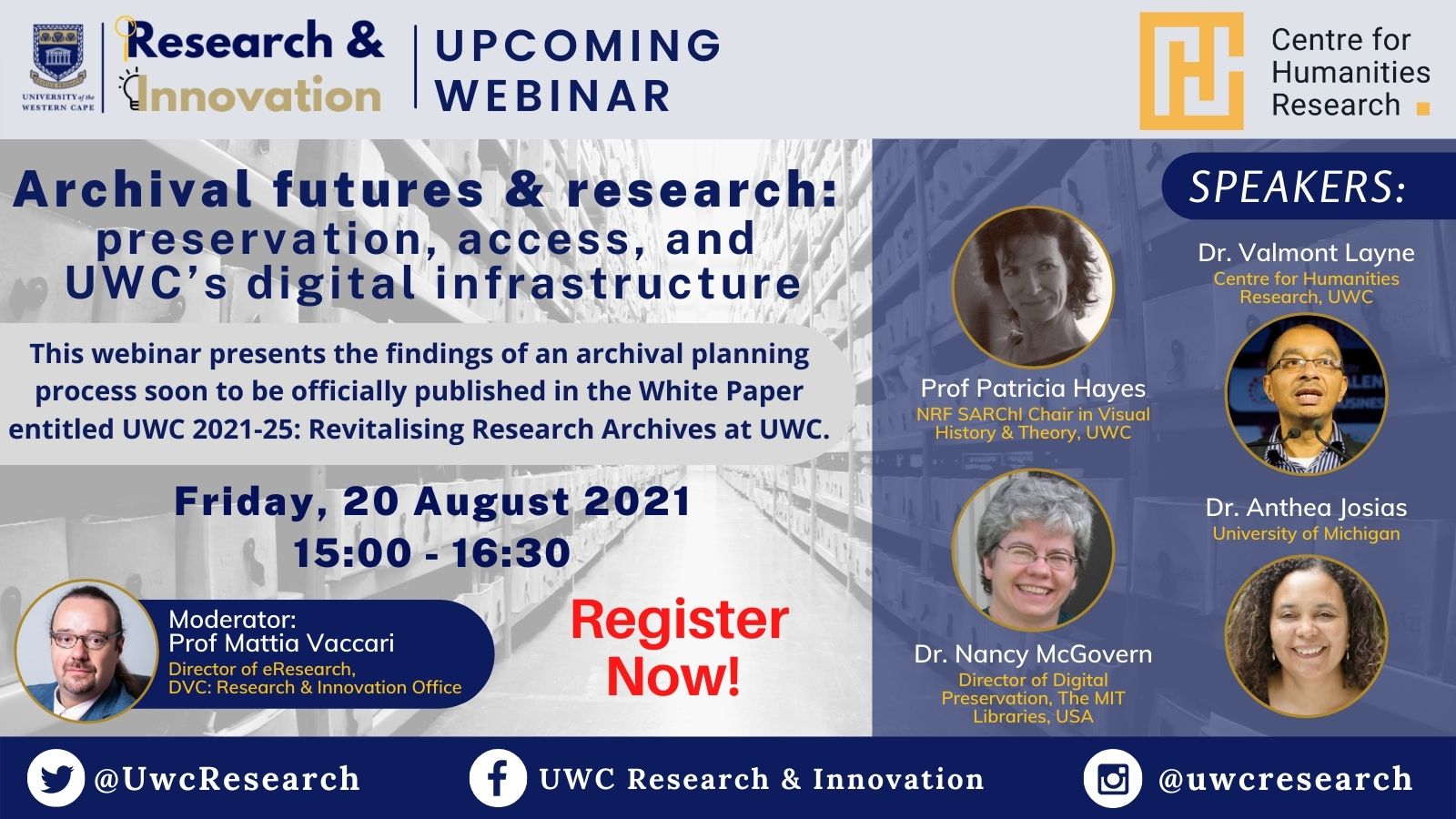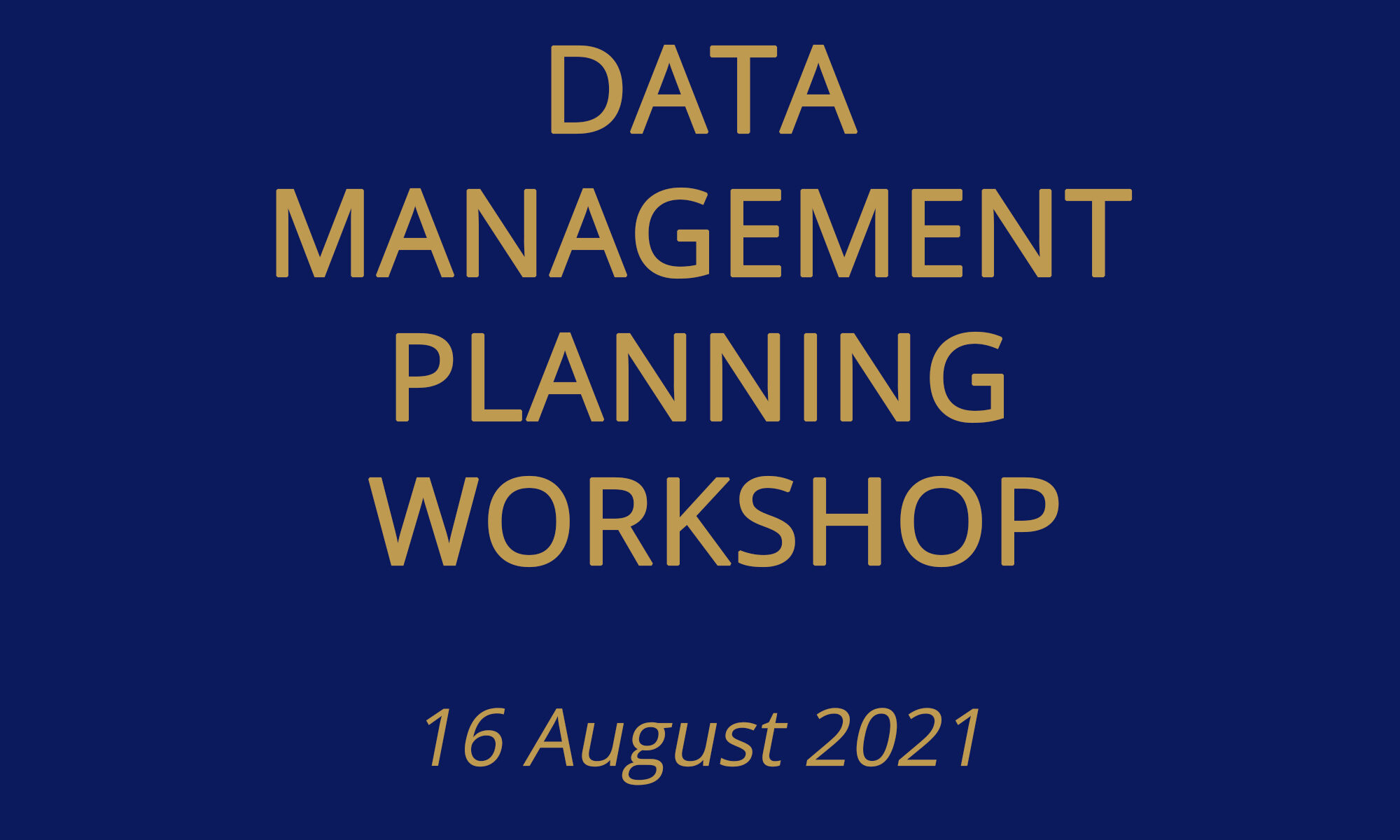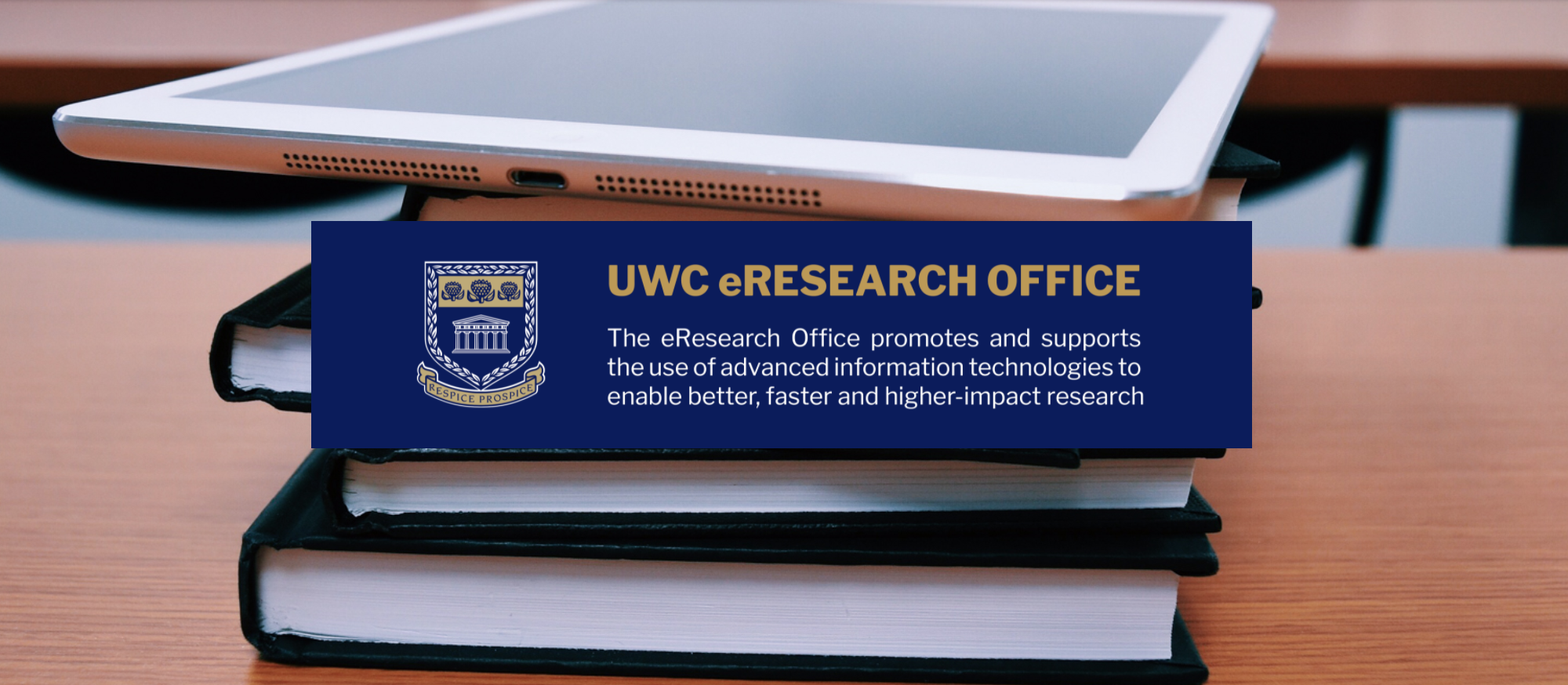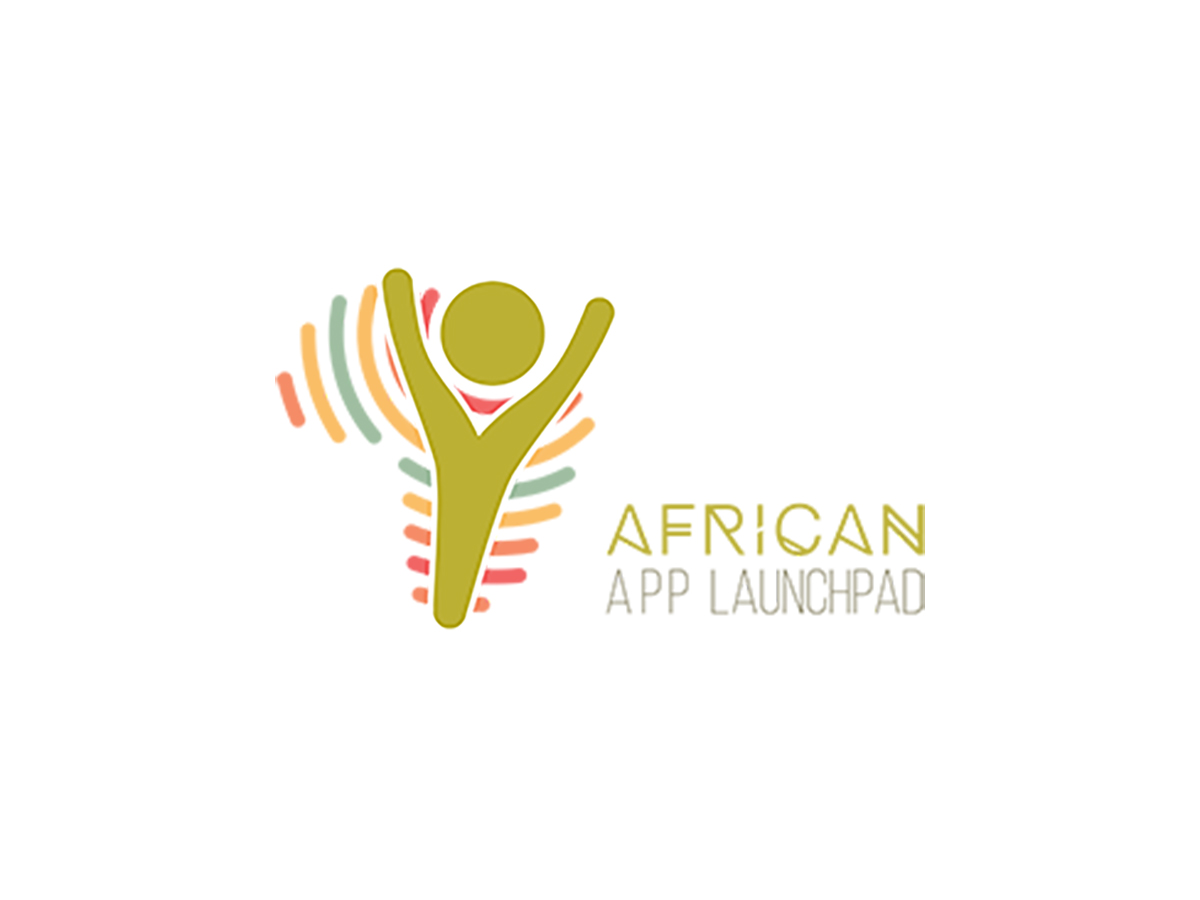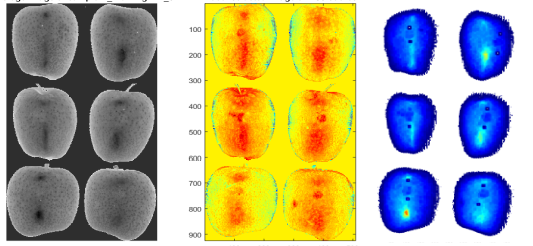DARA Big Data (Development in Africa through Radio Astronomy), in partnership with the Office of Astronomy for Development (OAD), IDIA (Inter-University Institute for Data Intensive Astronomy) and SARAO (South African Radio Astronomy Observatory) is hosting a free 3-day Africa Women in Data Science online event. The event will coincide with International Women’s Day 2022 and will also mark the one year anniversary of the publication of the SARAO Women in Data Science report.
The event organisers hope to help build a thriving African community of female data scientists and promote skills development for women who are interested data science careers. Registration for the event closes January 31 2022.
The event will take place from 8-10 March 2022, which coincides with International Women’s Day. It aims to increase African women’s participation in the 4th Industrial Revolution (4IR) to build a prosperous, resilient Africa of the future. The integral role of African women for the 4IR will be discussed and various opportunities will be showcased for young women hoping to get into the field of data science.
Africa Women in Data Science is free to attend and will be split into a conference on Day 1 (March 8) and a hackathon on Days 2 and 3 (March 9-10). The conference will feature inspiring female panel discussions, presentations from leading industry experts and question and answer sessions. Day 1 is open to anyone across Africa with a keen interest in data science. To register for the conference, only complete the first section of the registration form.
Register here: https://www.astro4dev.org/2022/01/11/registration-open-for-africa-women-in-data-science-event-iwd2022/
Enquiries can be emailed to linzi.stirrup@manchester.ac.uk
